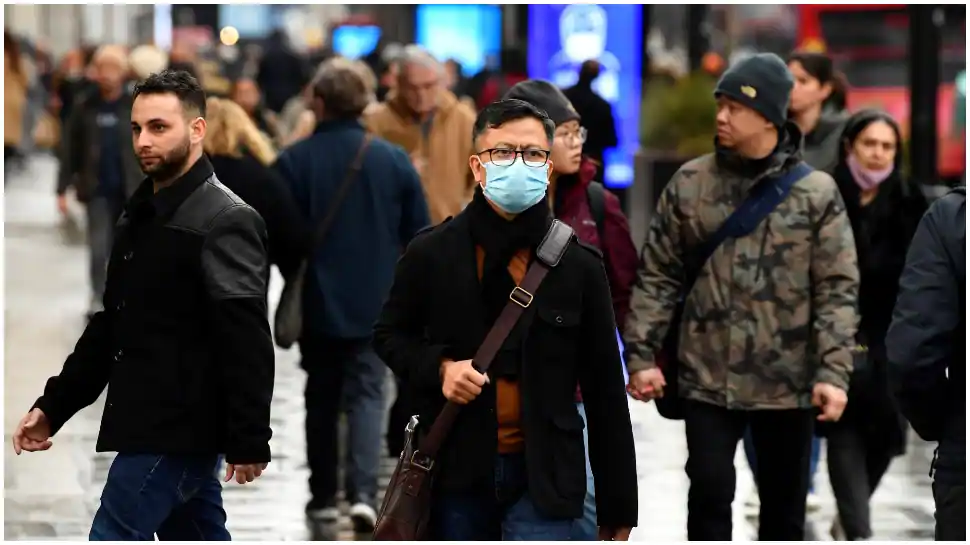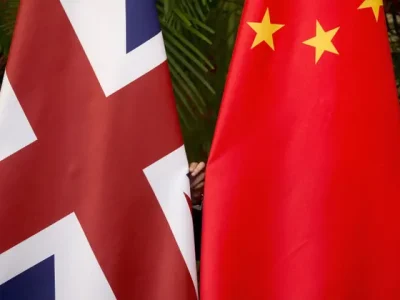People with COVID-19 won’t be legally required to self-isolate in England starting in the coming week, the UK government has announced, as part of a plan for “living with COVID” that is also likely to see testing for the coronavirus scaled back.
Prime Minister Boris Johnson said ending all of the legal restrictions brought in to curb the spread of the virus will let people in the UK protect themselves without restricting our freedoms. He is expected to lay out details of the plan in Parliament on Monday (February 21).

But some of the government’s scientific advisers said it was a risky move that could bring a surge in infections and weaken the country’s defences against more virulent future strains.
Wes Streeting, health spokesman for the main opposition Labour Party, on Sunday (February 20) accused Johnson of declaring victory before the war is over. Johnson’s Conservative government lifted most virus restrictions in January, scrapping vaccine passports for venues and ending mask mandates in most settings apart from hospitals in England.
Scotland, Wales and Northern Ireland, which set their own public health rules, also have opened up, although more slowly.
A combination of high vaccination rates in the UK and the milder omicron variant means easing restrictions didn’t lead to a surge in hospitalisations and deaths. Both are falling, though the UK still has Europe’s highest coronavirus toll after Russia, with more than 160,000 recorded deaths.
![]()





